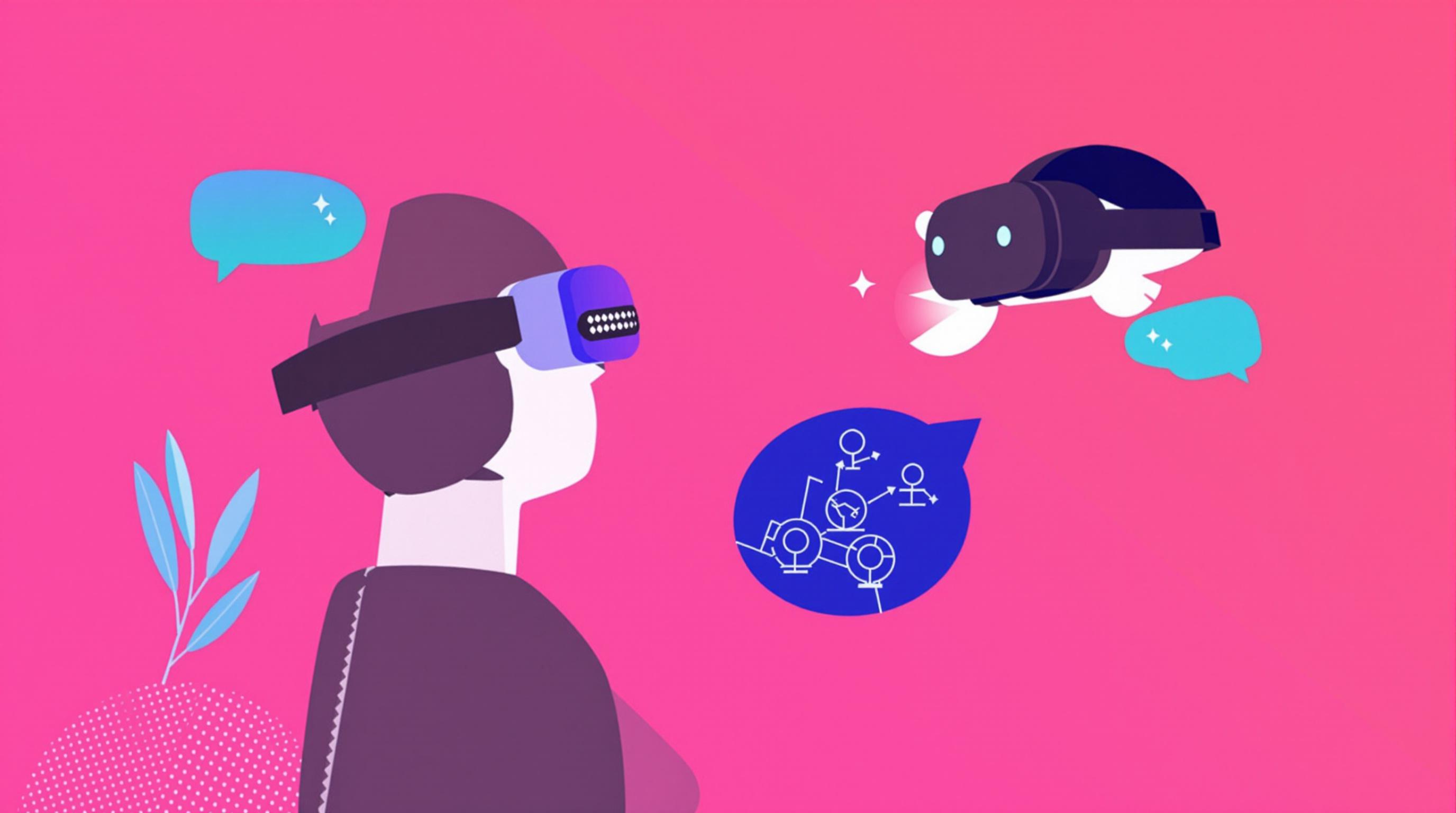Related Articles
- Navigating the Talent Labyrinth: How Emotional Intelligence Is Shaping New Hiring Practices in Unseen Markets
- Behind the Scenes: How Automating HR Processes Is Redefining the Future of Recruitment and Job-Seeking Strategies
- Beneath the Surface: Unveiling the Surprising Role of Environmental Sustainability in Shaping Future Careers
- Exploring the Quirky Side of Remote Work: How Hobbies Are Fueling Professional Success in Unexpected Ways
- How the Remote Revolution is Inspiring Unlikely Friendships Across Continents: A Study of Global Connectedness
- The Unforeseen Bond: How Virtual Coworking Spaces Foster Unexpected Connections Amidst Remote Work
Navigating the Talent Labyrinth: How Emotional Intelligence Is Shaping New Hiring Practices in Unseen Markets
Navigating the Talent Labyrinth: How Emotional Intelligence Is Shaping New Hiring Practices in Unseen Markets
Emotional intelligence (EI) is revolutionizing hiring practices in emerging markets, reshaping how organizations identify and cultivate talent. This article delves into the transformative power of EI in recruitment, illustrating its significance through various case studies, statistics, and real-world applications.
Understanding Emotional Intelligence
Emotional intelligence refers to the ability to recognize, understand, manage, and influence one’s own emotions and the emotions of others. According to a study by TalentSmart, 90% of top performers have high emotional intelligence, which can dictate their success in the workplace (Bradberry & Greaves, 2009). In today’s fast-paced environment, this skill has become a vital asset that employers are increasingly prioritizing in hiring processes, particularly in unseen markets.
The Importance of EI in Hiring
Imagine being in a hiring room where traditional qualifications — like impressive resumes or years of experience — are put aside. Instead, interviewers probe candidates on how they handle conflict, manage stress, and empathize with others. This futuristic recruitment paradigm, primarily driven by emotional intelligence, not only affirms the essential human element in business but also accentuates the growing demand for soft skills.
The Shift in Hiring Practices
In many unseen markets, where the competition for top talent is fierce, companies are discovering that skills alone aren't enough. A 2022 study published in the Harvard Business Review emphasized that organizations that emphasized EI in their hiring processes saw a 27% reduction in turnover rates and a 37% improvement in overall employee satisfaction (Eisenberg, 2022).
Case Study: Zappos
Take the example of Zappos, a well-known online shoe and clothing retailer. Zappos has built their hiring process around cultural fit rather than just job qualifications. They place a strong emphasis on emotional intelligence, asking candidates to demonstrate their problem-solving capabilities and interpersonal skills during interviews. This approach has not only increased their retention rates but has also fortified Zappos' vibrant company culture, which is known for excellent customer service and employee satisfaction.
Chatbots and EI: A Blended Approach
Interestingly, technology is now blending with emotional intelligence in hiring practices. Innovative companies are utilizing AI chatbots to screen candidates based on EI-related questions before they even enter the interview room. These chatbots can analyze responses for emotional undertones, providing valuable insights to employers, thereby optimizing the selection process.
The Role of Training Programs
Many organizations are recognizing the necessity of training their existing workforce in emotional intelligence, as it not only enhances workplace dynamics but also influences leadership effectiveness. Leaders with high EI can better motivate their teams and navigate the complexities of organizational change. This emphasis on continuous development serves as a strong retention strategy in unseen markets.
Statistics to Note
According to a survey conducted by the World Economic Forum, emotional intelligence will be among the top skills employers are looking for by 2025 (World Economic Forum, 2020). In fact, 67% of hiring managers in unseen markets now consider EI more relevant than academic credentials. This growing shift poses a question: Are we ready to leave behind conventional hiring philosophies?
Storytime: The Tale of Ana
Meet Ana, a bright but anxious young woman from a small town in an emerging market. After college, she faced the daunting task of applying for jobs. Initially, her lack of confidence held her back, but through a local program focused on enhancing emotional intelligence, she learned how to navigate her feelings and present herself more authentically. As she embraced her improved EI skills, she landed her dream job, which she attributes to her ability to connect with the hiring manager on a deeper level.
The Psychological Perspective
From a psychological standpoint, emotional intelligence fosters resilience in the workplace. People with high EI can adapt to challenges gracefully, maintain better work-life balance, and contribute positively to team dynamics. Thus, hiring for emotional intelligence can facilitate creating a more harmonious workplace, which is particularly vital in unseen markets where societal dynamics may be complex.
The Diversity Element
When organizations integrate emotional intelligence into their hiring practices, they also enhance their commitment to diversity. Emphasizing EI promotes understanding and respect among colleagues from different backgrounds, which enriches the organization’s culture. Companies like Deloitte have developed interview processes that focus on candidates' emotional skills, which consequently led to more popular and diverse hiring results.
Conclusion: The Path Forward
The future of hiring is shifting toward a more human-centered approach, where emotional intelligence reigns supreme. As Turkey is navigating the global economy, its organizations are starting to prioritize EI, positioning themselves for success. As such, integrating emotional intelligence into hiring practices in unseen markets is not merely a trend; it is a necessity grateful for the diversity of human emotion.
Final Thoughts
In conclusion, the labyrinth of talent acquisition in the modern era is vibrant and complex, interwoven with threads of emotional intelligence. If organizations aim to sustain growth and foster a healthy work environment, they must embrace the power of EI in their hiring strategies. Only then can they truly navigate the talent labyrinth, discovering hidden gems that not only have the skills but also the emotional acumen to thrive.





